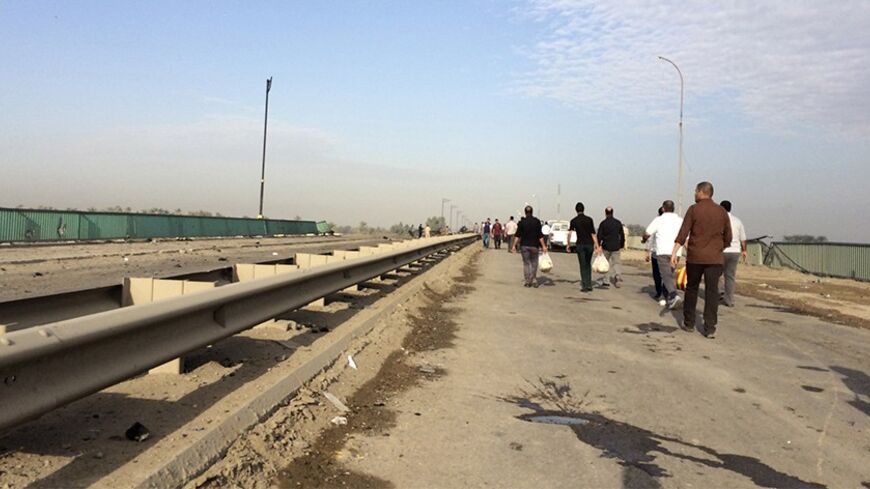Recent developments in the relationship between Iraq and the Gulf states, in particular Saudi Arabia, can be traced back to a history of political estrangement. Both parties can be blamed for the implied accusations and the confusion in managing shared issues.
Regardless of the accusations of supporting terrorism made by Iraq on March 9 against Saudi Arabia and Qatar, and away from the frequent news about the Gulf’s diplomatic and media escalation against the background of these statements, the basis of the crisis between the two sides is not mainly linked to terrorism. For many decades, the relationship between Iraq and the Gulf states has been based on shaky foundations. They finally collapsed during Iraq’s occupation of Kuwait in 1990.



